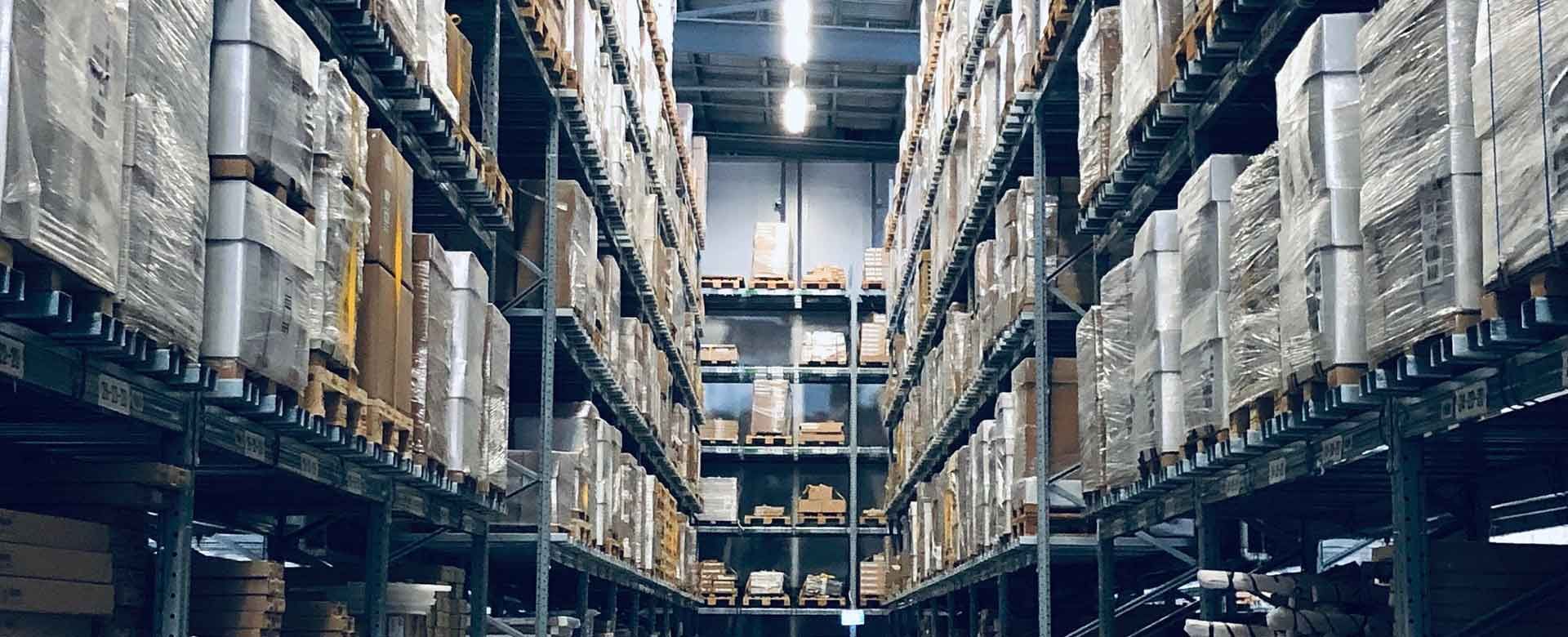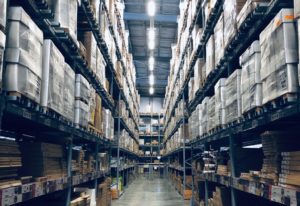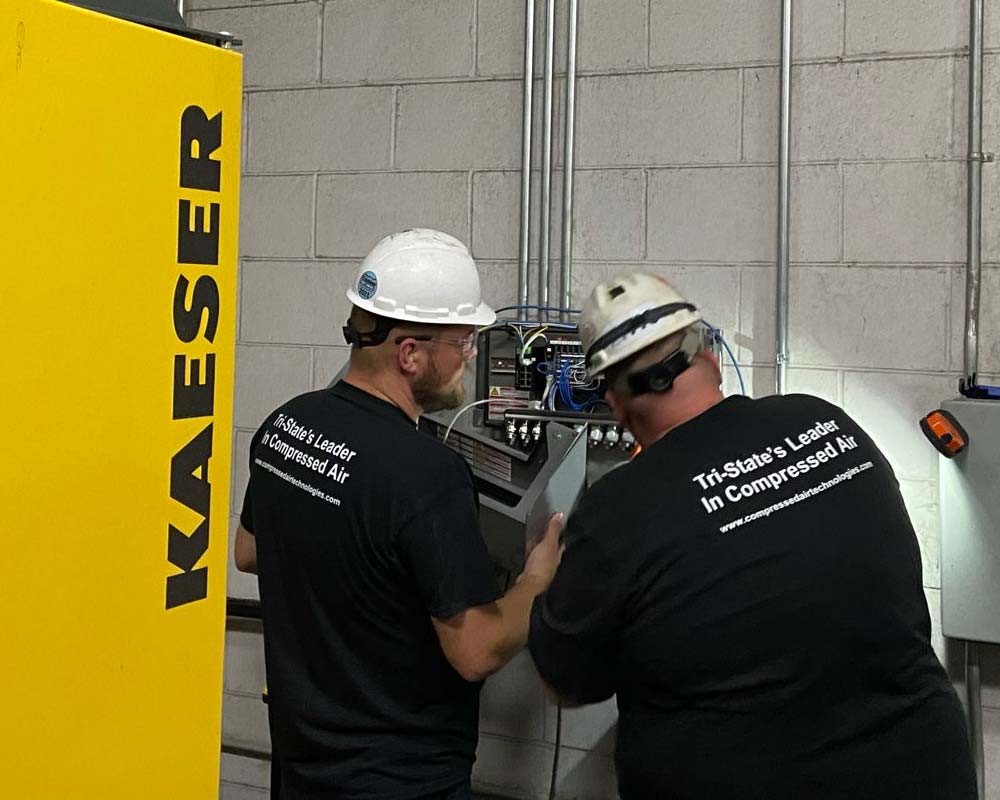Why and how to consolidate vendors
Manufacturing, construction, mill working, cabinetry, metal fabrication, and other industrial businesses need a variety of vendors to get products made and delivered – on-time and on-budget.

But sometimes managing many different vendors can be inconvenient as well as hurt a company’s bottom line. There’s the vendor selection process, which can be cumbersome. Even after a new vendor is secured, they need to be entered into your systems and processes, including funneling into your accounting systems to ensure they get paid. Someone typically manages those relationships, aware of contract specifications. These same vendor managers know how to order goods from each vendor while working with the production managers on how often supplies are needed. Production and project managers are coordinating schedules to ensure products are created accurately and speedily. Then there’s storing and maintaining those goods, keeping on top of which products may expire.
It’s no easy task. And the more vendors you manage, the more difficult everything involved in vendor management is.
That’s why many businesses choose to consolidate vendors. Consolidating is easier than people think, has the benefit of convenience, can reduce costs, and even gain efficiencies that promote revenue growth.
Why Consolidate Vendors
If you find the right vendor, you can save time and money while making your workforce more productive.
Convenience and time savings
When you have fewer vendors to manage, the process is just simpler. That means fewer people to negotiate with, enter into your myriad systems, pay, order from, ensure accuracy of fulfillment, etc. In addition, when new employees join your company, there’s less to train on.
The trick is ensuring there’s accuracy, speed, and variety from the vendors you have.
Save money while gaining efficiencies
When your employees are spending less time updating records and handling payments, onboarding suppliers, and managing those suppliers, you’re saving money. You’re also saving money through volume discounts and relationships. Often, the more you order from one vendor, the better pricing structures you can receive.
These efficiencies mean more productivity for your team, especially with vendors who can manage stock (including safety stock). That means you’re not wasting time on doing the basics – your supplier is handling that process for you. In other words, some suppliers are like an extended part of your team – understanding your business and looking to help eliminate unnecessary costs.
The right supplier can even recommend products and processes to save your company time and money.
Manage the supply chain effectively to keep production moving
These days, businesses are facing a big problem: supply chain. Weather issues, shipping issues, tariffs, production problems – these can all impact your business if companies can’t get the needed abrasives, adhesives, tapes, saw blades, and other equipment to you. Just looking at 2021, ice storms in Texas have prevented chemicals from being produced, including those used for adhesives and cleaning supplies.
Wholesale distribution companies have many relationships with a variety of vendors to make up for shortfalls. For example, if they can’t get a product from one vendor, they’ll get it from another. That relationship management ensures you’re getting what you need so you can make and build on schedule, too with the same quality you’re known for.
Keeping supply and demand, saving money, reducing time, and making it easy are the primary reasons so many midsized manufacturing and construction companies turn to industrial suppliers.
How to Consolidate Vendors

Consolidating vendors is easier than you may think, but it does take some planning and considerations. Here are a few questions to start asking to begin the consolidation process. Which vendors …
- Meet current guidelines and timelines?
- Provide great customer service?
- Have a variety of supplies available and can leverage relationships to get more supplies?
- Are giving price breaks for quantity or based on your existing relationship?
- Can help manage inventory, recommend products, and provide ideas about processes, saving your business time and money?
- Do you like doing business with?
- Can handle whatever expansion you have planned?
- Have expertise in your industry and the supplies you need?
- Help manage the supply chain?
Some vendors get a “yes” to all the questions above. Those are the vendors to keep and possibly expand a relationship with.
By deciding which vendors can help you the most (and which vendors you like doing business with), you can determine which vendors you want.
Elevated can help you consolidate vendors
At Elevated Industrial Solutions, formerly known as Lane Supply Company, we can help you with a variety of your needs. Not only do we carry manufacturing and construction specialty items, but we also leverage our relationships to get all the products your facility needs. We can help you manage your inventory and even manage your safety stock.
There’s a reason we’ve been in business 60+ years.





